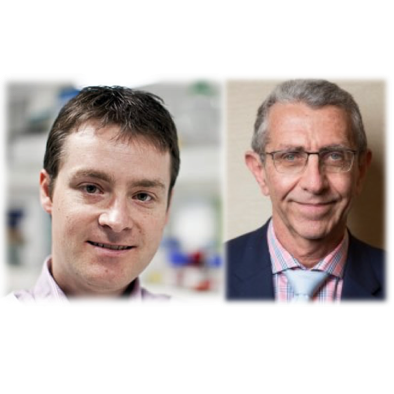Login with your zID and zPass
Any problems email servicedesk@unsw.edu.au

Topic: Nanomedicine
Facilitator: Prof David Goldstein
Guest presenter: Dr Joshua McCarroll
Interactive discussion facilitated by Prof David Goldstein
Director, Translational Cancer Research Network (TCRN)
Prof David Goldstein is a medical oncologist, he has been involved in a variety of clinical research projects ranging from laboratory basic science to novel therapeutics trials to psychosocial aspects of Cancer care. He has been Principal Investigator (PI) of a number of NHMRC and Cancer Australia funded trials including both investigator initiated and as Australian PI for multinational studies.
Invited speaker - Dr Joshua McCarroll
Research Fellow, Children’s Cancer Institute of Australia (CCIA)
Dr McCarroll leads a research team at Children’s Cancer Institute, Lowy Cancer Research Centre, UNSW Sydney. He is also a member of the Australian Centre for Nanomedicine, ARC Centre of Excellence in Convergent Bio-Nano Science & Technology, UNSW Sydney. In 2007, he returned to Australia from post-doctoral studies in the US to work at Children’s Cancer Institute with Prof Maria Kavallaris. He is internationally recognized for his work in using non-viral lipid nanoparticles to deliver gene-silencing drugs to treat human disease. The quality of his work is recognized by fellowships from the Cancer Institute NSW and current funding from NHMRC, Cancer Australia and Cancer Council.
Topics for discussion: